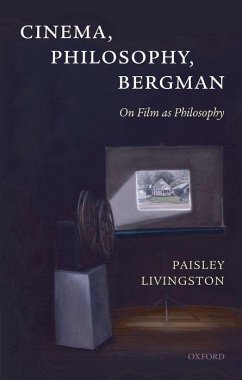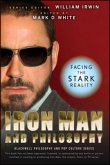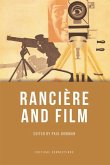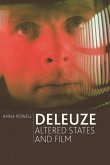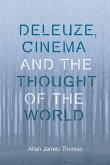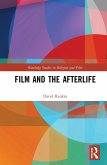The increasingly popular idea that cinematic fictions can 'do' philosophy raises some difficult questions. Who is actually doing the philosophizing? Is it the philosophical commentator who reads general arguments or theories into the stories conveyed by a film? Could it be the film-maker, or a group of collaborating film-makers, who raise and try to answer philosophical questions with a film? Is there something about the experience of films that is especially suited to the stimulation of worthwhile philosophical reflections? In the first part of this book, Paisley Livingston surveys positions and arguments surrounding the cinema's philosophical value. He raises criticisms of bold theses in this area and defends a moderate view of film's possible contributions to philosophy. In the second part of the book he defends an intentionalist approach that focuses on the film-makers' philosophical background assumptions, sources, and aims. Livingston outlines intentionalist interpretative principles as well as an account of authorship in cinema. The third part of the book exemplifies this intentionalist approach with reference to the work of Ingmar Bergman. Livingston explores the connection between Bergman's work and the Swedish director's primary philosophical source-a treatise in philosophical psychology authored by the Finnish philosopher, Eino Kaila. Bergman proclaimed that reading this book was a tremendous philosophical experience for him and that he 'built on this ground'. With reference to materials in the newly created Ingmar Bergman archive, Livingston shows how Bergman took up Kaila's topics in his cinematic explorations of motivated irrationality, inauthenticity, and the problem of self-knowledge.
The field lacks, in other words, anything like a properly developed 'metaphilosophy' of film or popular culture. Paisley Livingston's impressive book stands out against this background, by taking us through a detailed argument on the fundamental issues and drawing a very valuable map of the terrain... Livingston's book covers an impressive amount territory in an exceptionally clear, and often lively, fashion. He is rigorous and yet generous with argumentative opponents.The book balances abstract, conceptual argument with the close analysis of particular films and sequences very effectively. Murray Smith, Notre Dame Philosophical Reviews

